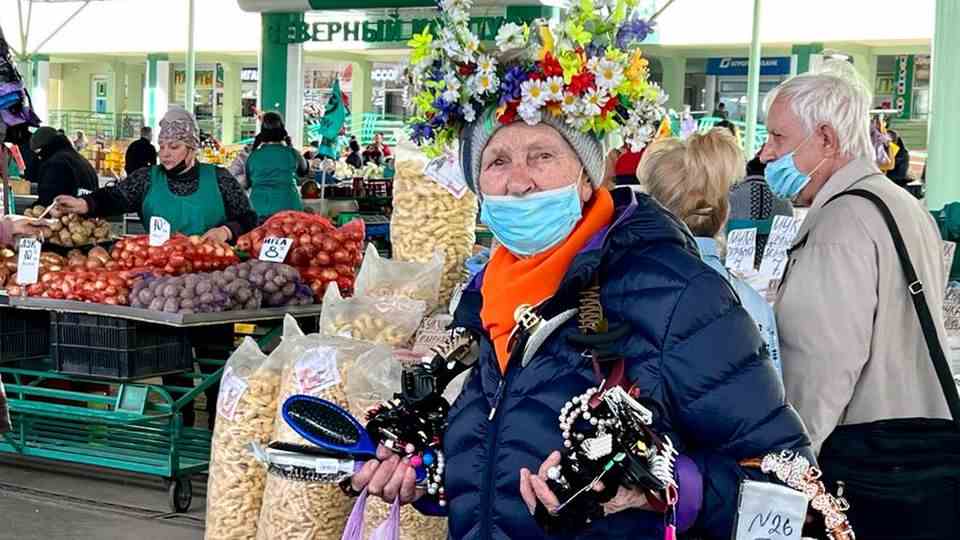UN vote
The whole world is against Russia? No, many countries don’t want to (or don’t dare).
The map shows how UN members voted on Russia’s suspension from the United Nations Human Rights Council. In the article you will find an interactive version in which you can zoom in deeper into individual regions
© Graphic: Patrick Rösing / star
Is Russia Isolated Globally After Its Attack On Ukraine? The outcome of the UN vote on Russia’s membership of the Human Rights Council paints a different picture.
Ukraine and the USA then expressed their satisfaction: the United Nations General Assembly suspended Russia from the UN Human Rights Council because of the Ukraine war. The necessary two-thirds majority was reached in the vote, and membership was suspended. The fact that Russia itself then announced its exit afterwards: waste. 93 countries voted for the suspension, including the US, UK, Canada and all EU states. That was around four times more than the 24 votes against.
But what is also part of the truth: 58 members abstained and more than a dozen did not vote. If you add the abstentions to the dissenting votes, 82 of those who voted were not clearly against Russia.
Many of the dissenting votes were to be expected: those former Soviet republics that are allied with Russia in the CSTO – a kind of counter-NATO, as it were – and other states led by authoritarian rulers. Traditional allies and sympathizers, names like Belarus, Bolivia, China, Iran, Kazakhstan, Cuba, North Korea, Syria, Tajikistan, Uzbekistan, who also voted against the resolution against Russia in large parts at the beginning of March.
Russia has a lot of influence in Africa
What is also remarkable is the view of Africa. “In recent years, the government in Moscow has increasingly remembered the old connections from the Soviet era and expanded its political, economic and, above all, military relations with numerous African countries,” analyzes the “Deutsche Welle”. Among other things, Russia supplies weapons and raw materials there and maintains military bases. Sometimes the country also sends mercenaries, as in Mali. This close network (or dependency, depending on the country) now seems to be paying off for Vladimir Putin. Many votes against the suspension came from Africa, as did many abstentions. Supporters of the Russian exclusion are in the minority on the continent. The economically strongest African countries Egypt, Nigeria and South Africa abstained.
Other important economic powers did not position themselves clearly either or voted against a Russian suspension: the up-and-coming emerging countries Brazil, India, Mexico and Saudi Arabia, for example, abstained. As already mentioned, China voted “no”.
The “Putin Understanders”: Who still stands by Russia and why
19 images
On the support side, however, there were also voices that were not necessarily to be expected. Serbia is one of them.
In the end, the resolution condemning the war was supported by 141 countries a month ago, but significantly fewer were now willing to support the specific step of suspending it. Was that always fully convinced? Above all, many of the abstentions are likely to have been done out of sheer caution and are due to the close economic, energetic and military ties and sometimes also the dependencies that the respective countries have with Russia. But the result shows that Russia may be criticized worldwide for its attack on Ukraine, but it is not completely isolated.
Sources: U.N.“German wave“



